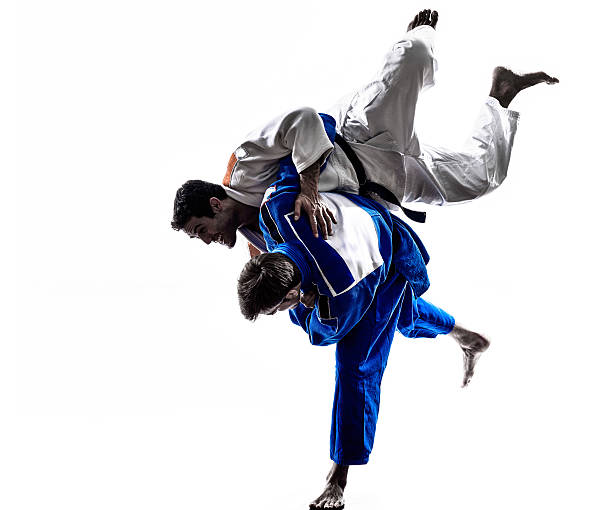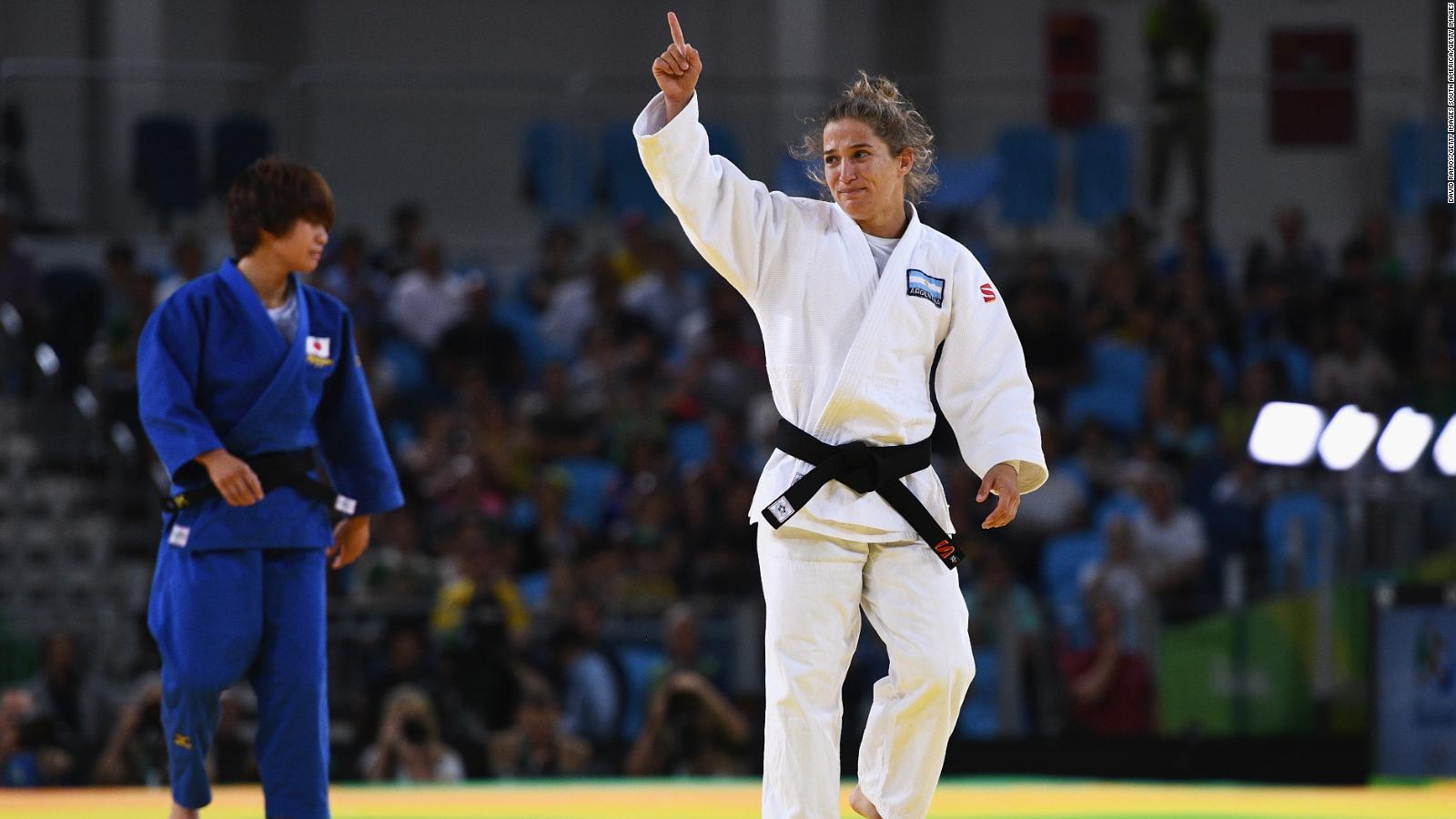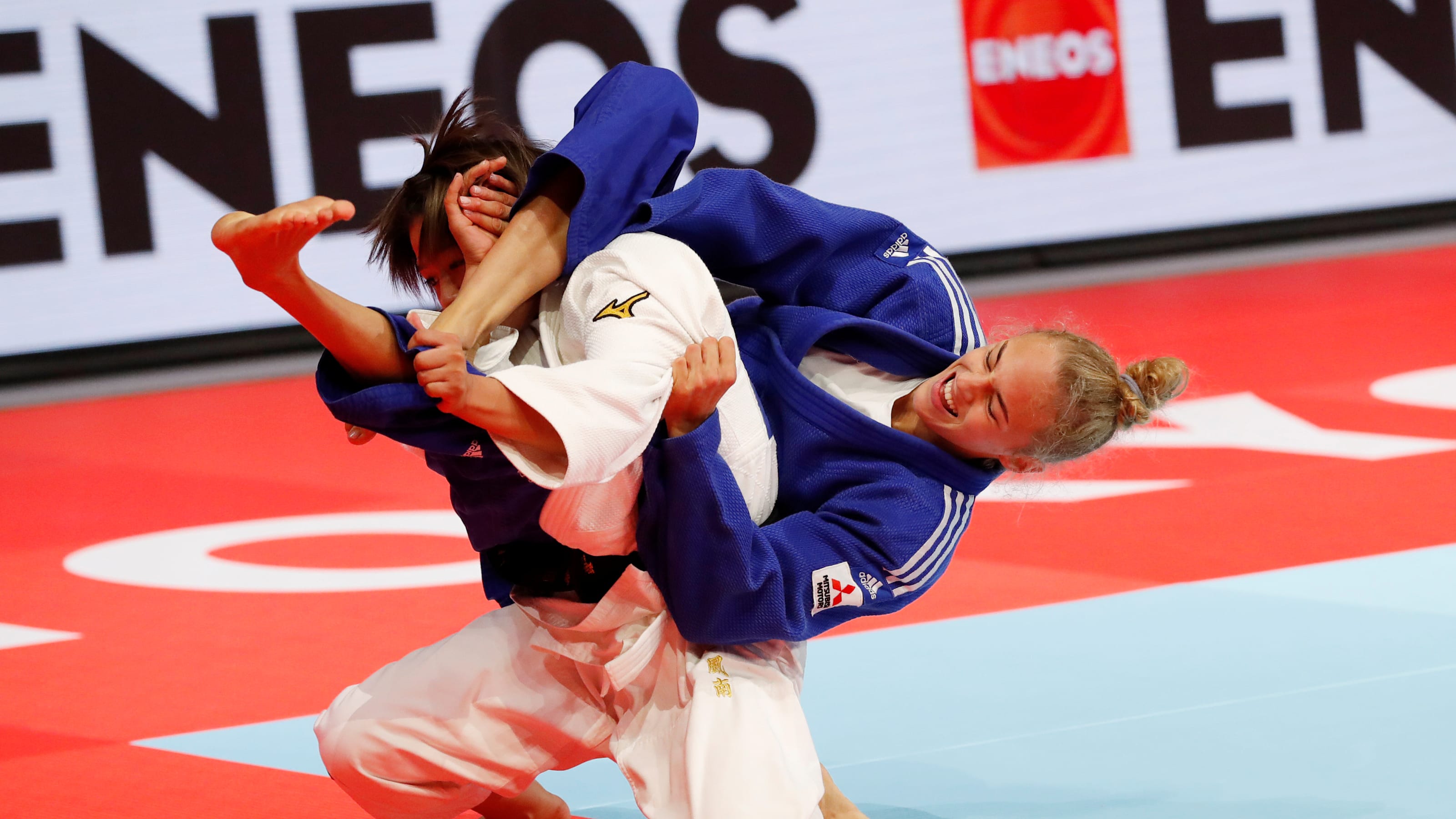Judo
The gentle martial art from Japan





Judo (lit.'gentle way') is an unarmed modern Japanese martial art, and Olympic sport. Judo was created in 1882 by Kanō Jigoro as an eclectic martial art, distinguishing itself from its predecessors due to an emphasis on "randori" (lit. 'free sparring') instead of "kata" (pre-arranged forms) alongside its removal of striking and weapon training elements. Judo rose to prominence for its dominance over established jujutsu schools in tournaments, resulting in its adoption as the police department's primary martial art.The objective of competitive judo is to throw an opponent, immobilize them with a pin, or force an opponent to submit with a joint lock or a choke. While strikes and use of weapons are included in some pre-arranged forms (kata), they are not frequently trained and are illegal in judo competition or free practice. Judo's international governing body is the International Judo Federation, and competitors compete in the international IJF professional circuit.Judo's philosophy revolves around two primary principles: "Seiryoku-Zenyo"(lit. 'maximum efficient use of energy') and "Jita-Kyoei" (lit. 'mutual welfare and benefit'). The philosophy and subsequent pedagogy developed for judo became the model for other modern Japanese martial arts that developed from koryū (traditional schools). Judo also spawned a number of derivative martial arts around the world, such as Brazilian jiu-jitsu, Krav Maga, sambo, and ARB.